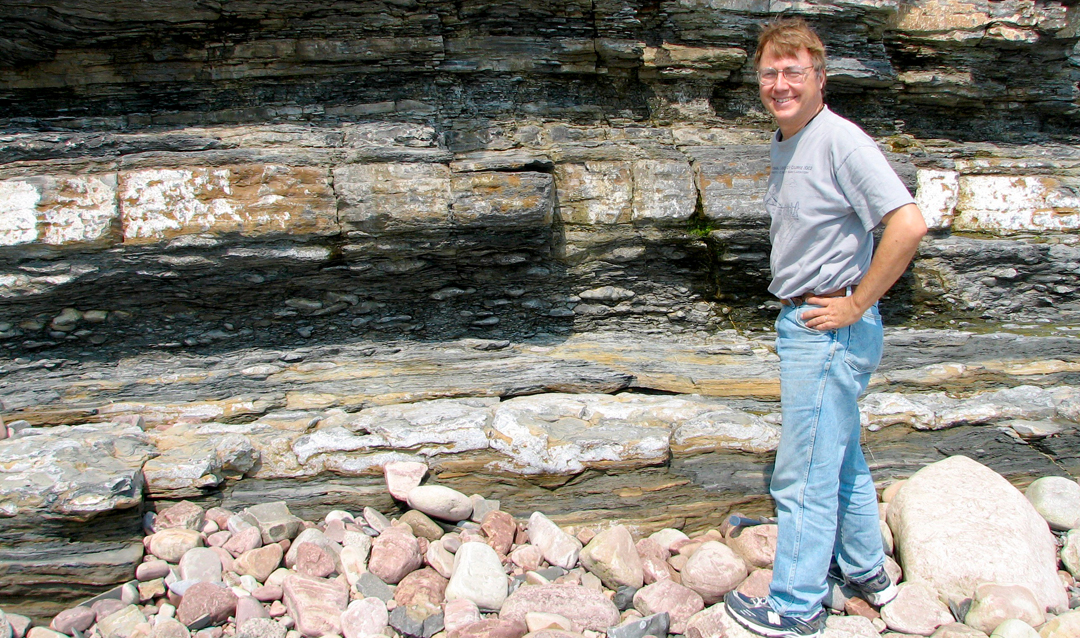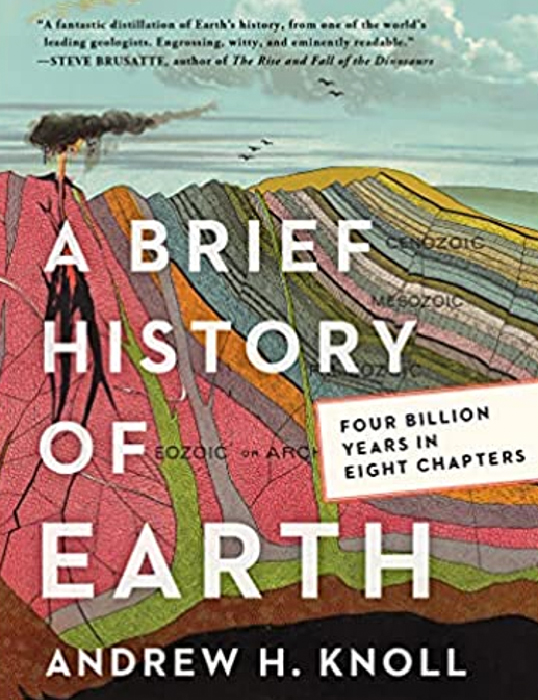Andrew Knoll’s fascination with fossils began at an early age in Wernersville, Pennsylvania, where he grew up.
“I can remember the feeling when I was 12 years old and just the idea that you’d break this rock open and you’d see something that no human being has ever seen,” Knoll said in a recent interview with CNN. “That was a wonderful, wonderful thought, and I still get excited if I discover something or have an idea that no one else has had.”
Knoll’s deep interest in fossils and what they reveal about Earth’s earliest history eventually led him to Lehigh, where he received a bachelor’s degree in geology in 1973, then Harvard University, where he received his Ph.D. also in geology.
Now Knoll, the Fisher Research Professor of Natural History at Harvard University, has been awarded the prestigious 2022 Crafoord Prize in Geosciences from the Royal Swedish Academy of Sciences for his “fundamental contributions to our understanding of the first three billion years of life on Earth and life’s interactions with the physical environment through time.”
The award is a complement to the Nobel Prize. It alternates every year among mathematics and astronomy, geosciences, biosciences and polyarthritis.






